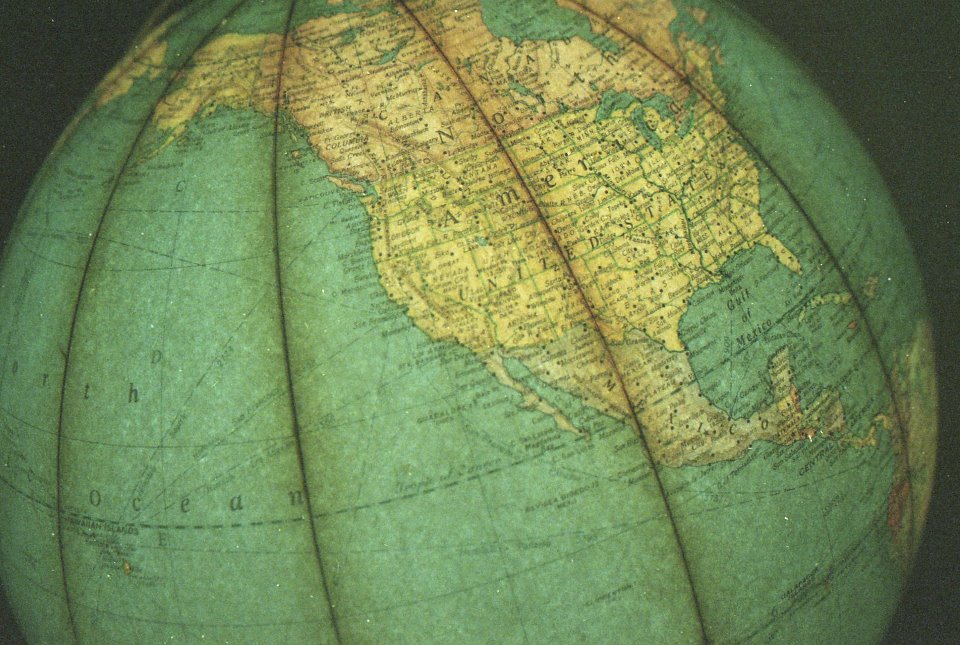

Although we are far from everywhere else, we’re lucky to be able to call paradise our home.
I learned somewhere, a long time ago, that the Hawaiian Archipelago is the most isolated landmass on the planet. It’s one of those factual tidbits that you read off the inside of a Snapple cap, and tuck away in a corner of your brain for when friends from the mainland come to visit and you need to impress them playing tour guide.
But whenever I find myself at Honolulu International Airport – which happens a lot these days – the implications suddenly seem profound. As I sit at my gate, awaiting a 10 and a half hour flight, the thousands of miles that separate our islands from literally anywhere else in the world become real.
In Hawai‘i, we are simultaneously proud and cautious of our isolation. We are taught, at least on some level, to take pride in our culture, in our surroundings, in the way that the faces of Hawai’i look different from those on the mainland. We grow up in the sands, sun and seas of a place that we quickly learn is unlike any other in the world.
But as young people, we’ve all been told, by parents and mentors, uncles and aunties, even our peers, “You gotta get off this rock for a while.” “Go mainland,” they say, because in Hawai‘i, we are always warned, our isolation can create a world that is all too comfortable for our own good.
When I tell friends and family about my plans to travel for a year, on my own, to countries in Europe, the Middle East, Asia and Africa, these are the responses I get. Well-intentioned as they are, I take them graciously and with a smile. But it’s a strange dichotomy.
We are always proud, yet we sometimes feel inferior. As if growing up here, as beautiful as it is, has left us in our own little world, and that once we leave it we’ve got something to prove.
This blog is my chance to challenge this idea, and to share my travels on my own terms. To posit that while broadening our horizons is important, we don’t have to shed our island identity in the hopes of learning more than we could have here at home.
Rather, seeing the world through the perspective of our island upbringing can enrich and deepen our experiences. When I was younger, “travel” – whether it was to the beach towns of San Diego or the rural villages of Honduras – was simply a way to get off the island; a chance to learn from the “real” world.
But, the farther I wander from home, the more I truly believe that although each of us, undeniably, has an infinite amount to learn from other people and places, the rest of the world has a little something to learn from Hawai‘i too. And, the more I feel that our isolation, instead of making us vulnerable to the rest of the world, has made us ideal travelers.
The diversity, humility and aloha that defines our culture here at home translates well to the culture of travel. We are humble, open and accepting of differences. We come from a culture that straddles old and new, east and west. We understand the distinction between visiting and experiencing a place. We are sensitive to the weight that tourism can place on local lives, and perhaps most importantly, we are used to really, really long plane rides.
As the miles add up, so will the stories. It is my hope to bring lessons from abroad back home to Hawai’i, to find common ground in different cultures, and to explore the issues that we care about here at home through the art, culture and politics of places that I’ve yet to see.
_________________________________________
World in FLUX is a blog documenting the travels of Tina Grandinetti for FLUX Hawaii. Tina is a University of Hawai‘i graduate who is embarking on a journey through countries around the world, seeking to learn more about the ways in which we are all different, yet so much the same.

